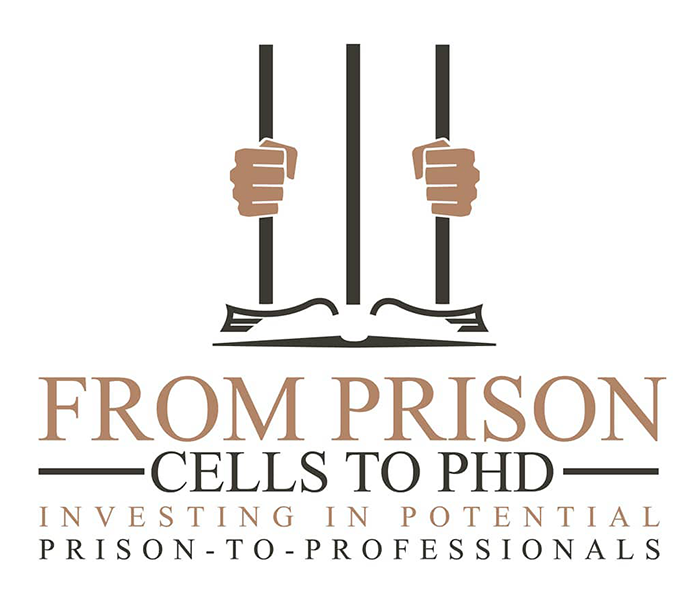Benefits of Education for People Who Are Justice Impacted

Author: Talia Proshan, Junior at Ethical Culture Fieldston School, Intern at From Prisons Cells to PhD & Womxn’s Cohort Light to Life
This is the second in a series of blog posts written by Talia Proshan for the benefit of the STEM-OPS community.
_____
Prison education can have life changing benefits. Unfortunately, there are high rates of recidivism among formerly incarcerated individuals. A 2012 Bureau of Justice Statistics study found that of about 404,638 formerly incarcerated people in 34 states, 67.8% were rearrested three years post release and 76.6% were rearrested within five years. Yet, according to a study by Rand Corporation, those who participate in higher education programs are 43% less likely to recidivate. College classes taught in prisons produce employment opportunities and make reentry smoother post incarceration. In addition, for those receiving higher education while serving longer or life long sentences, a St. Cloud State University study suggests there is a decrease in violence and disciplinary infractions.
Beyond benefits on individuals, education in prison has generational positive impacts. About 75% of individuals in state prison and 59% of individuals in federal prison do not complete high school, according to a 2003 Bureau of Justice Statistics study. In addition, children with parents who do not complete high school are ten times more likely not to complete high school, and high school dropouts are 63% more likely to become incarcerated than those with college degrees. Education in prison not only affects incarcerated people, but can help their families.
There are many outstanding university programs that leverage professors and college students to teach courses in prison. Action should be taken to make these widely available to the incarcerated population. For example, students should call on their universities to help provide education in prisons and activists should write letters to their officials to ensure educational resources are available for incarcerated individuals. Everyone must contribute to the fight for education behind bars, so the incarcerated population get the opportunity to reap the benefits of these helpful programs.
_____
Please take 1 minute to fill out this survey about how this blog post may have influenced you or helped you learn new information. Your response will help STEM-OPS learn about our shared impact on messages about people impacted by incarceration and help us improve our approach to changing societal narratives.





